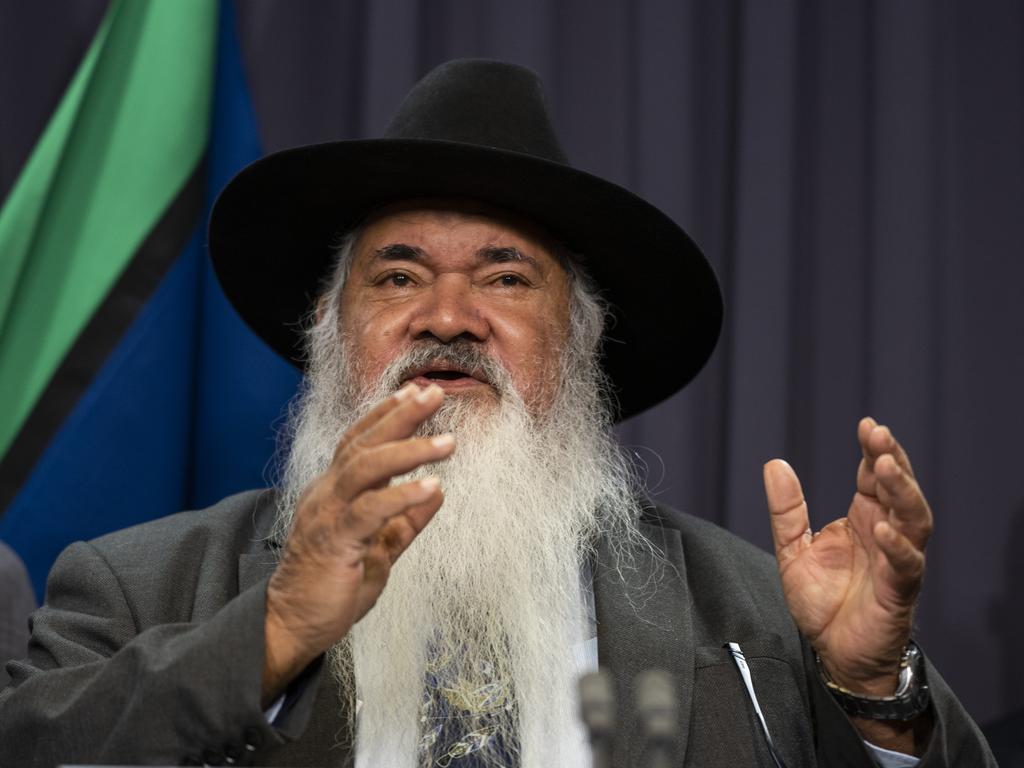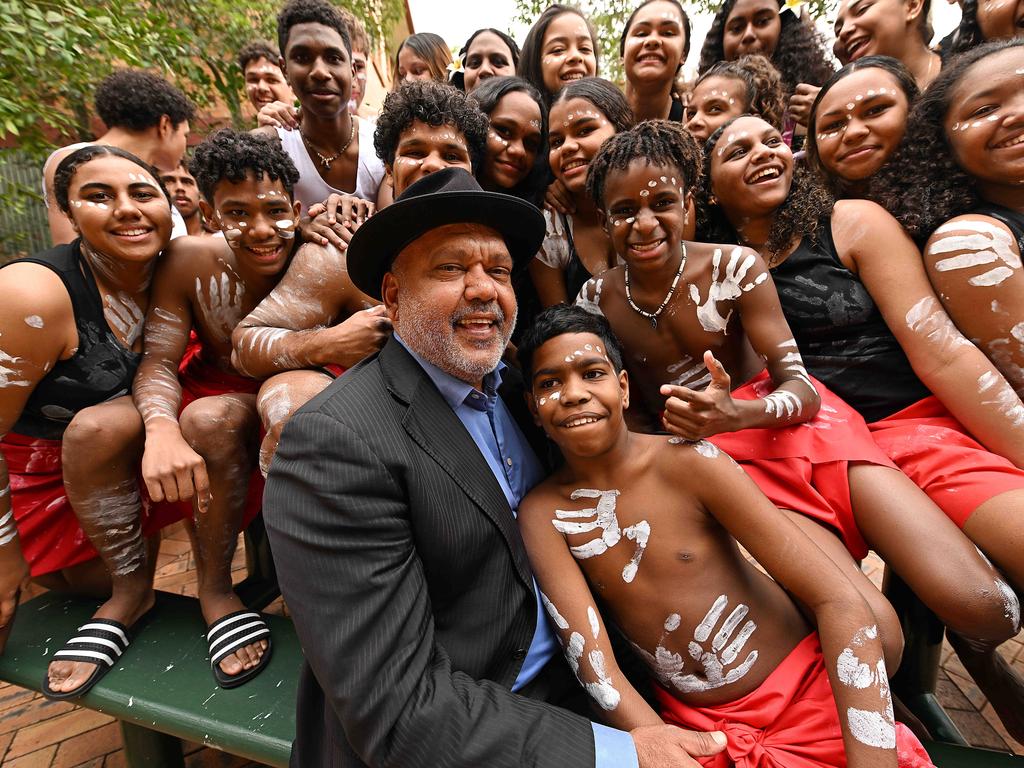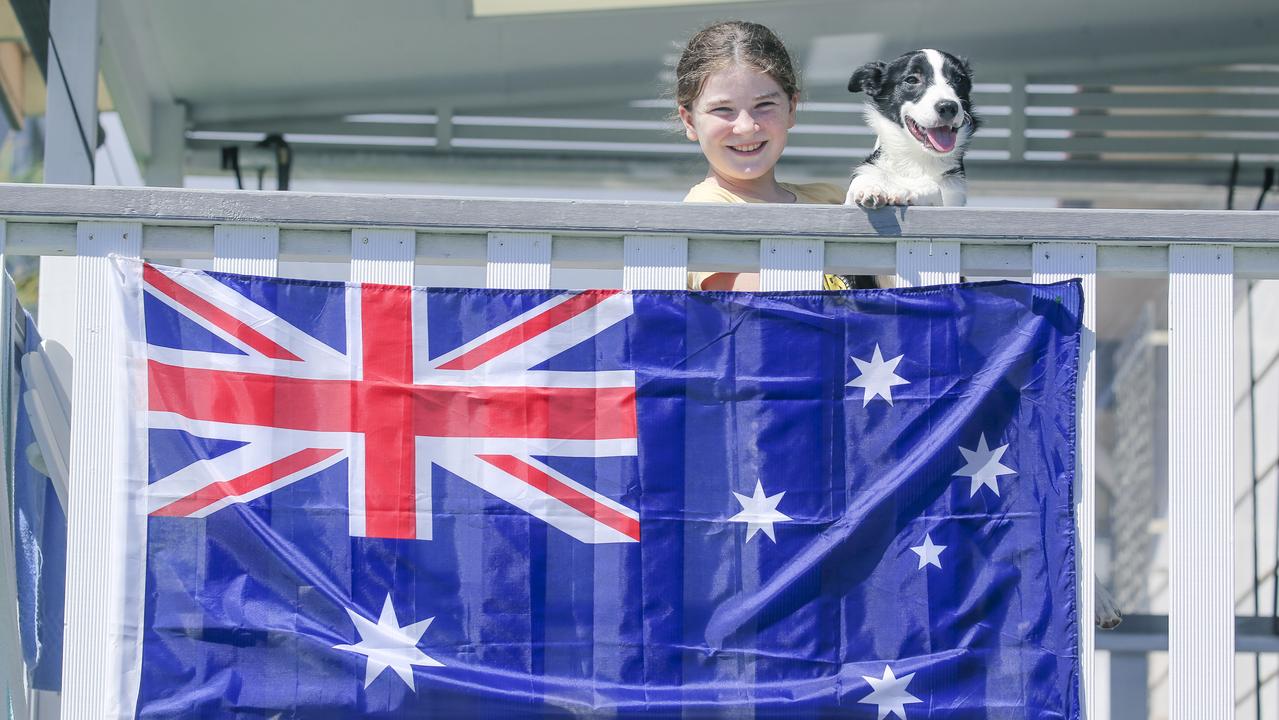Slim hope of compromise on Indigenous voice to parliament
There is a small window for some negotiated change on the wording of the Indigenous voice to parliament referendum. The chances of the vital bipartisanship needed are zero without any change.
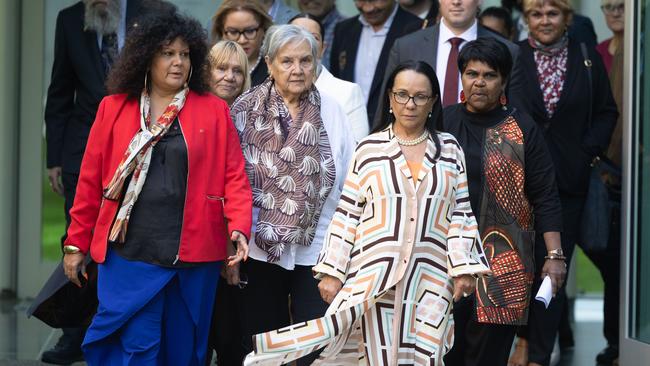
There is a small legislative and political window for some negotiated change on the wording of the referendum on the Indigenous voice to parliament and executive government before the die is cast and the people vote before Christmas. But the window is small, the is time short, and the chances of the vital bipartisanship needed are zero without any change and low even with some amendments.
Given the strength of the commitment within the Indigenous working group and the Labor cabinet to ensure executive government is included, and the depth of opposition to that in the Coalition and among constitutional conservatives, the only possible glimmer of hope would be to insert “commonwealth ministers” for executive government.
Such a proposal, an attempt to limit the impact on the day-to-day business of government based on advice from the Solicitor-General, has already been rejected because it would turn the Indigenous leadership against the amended voice, so there is little hope of change.
As well, there are such entrenched feelings, inherent faults, truncated schedules and demands for maximum power in the referendum proposal that much of the debate is unlikely to be reasoned, civil or logical.
If the past week of debate, legal opinion, parliamentary exchanges and media appearances after the release of the referendum words and principles on March 23 are any indication, there is going to be a chasm between the Yes and No campaigns.
Anthony Albanese has clearly demonstrated in recent days that he does not want to engage in detailed or substantive arguments, and has demonstrated an alarming disregard for consistency and accuracy in presenting the case for change.
The Prime Minister’s political strength has been to talk to the vibe and make emotional appeals directed at the goodwill people feel towards Indigenous Australians in dire circumstances and the long frustration with a lack of practical outcomes. His weakness has been his dismissive and disdainful approach towards the weight and scope of constitutional change.
The foundations of Albanese’s strategy are his strength of belief in an Indigenous voice to parliament and his conviction that politics has changed so much since the last successful referendum, almost 50 years ago, that bipartisanship is no longer necessary.
As a result of these underpinnings, there has been little opportunity for public input into the formulation of the referendum wording and principles, the legal advice has been kept secret, political co-operation has been kept to a minimum, and there has been a disregard for detail, a closed circle of consultation and a cavalier or slovenly approach to the settings for the referendum.
On the other hand, emotion has run free as Albanese has sought to recruit all he can to the cause of national unity and to intimidate or ridicule those professionals and serious-minded individuals prepared to ask inconvenient questions.
“This is important for respect for First Nations people, but it’s also an opportunity for us to come together, a moment of national unity to recognise the great privilege that I have of living on a continent and sharing this continent with the oldest continuous culture on earth and, secondly, it is also just about consultation with Aboriginal and Torres Strait Islander people, through a representative body, on matters that affect them,” Albanese declared.
Albanese and his ministers have been vague, undoubtedly deliberately. There have been mistakes, misrepresentations and contradictions in the characterisation of what the voice to parliament can do and what control the politicians will have.
For Albanese, the next six months of parliamentary committee deliberation and referendum debate will be a high-risk, all-in political commitment with a no-retreat and take-no-prisoners attempt to make referendum history and make Peter Dutton “irrelevant”.
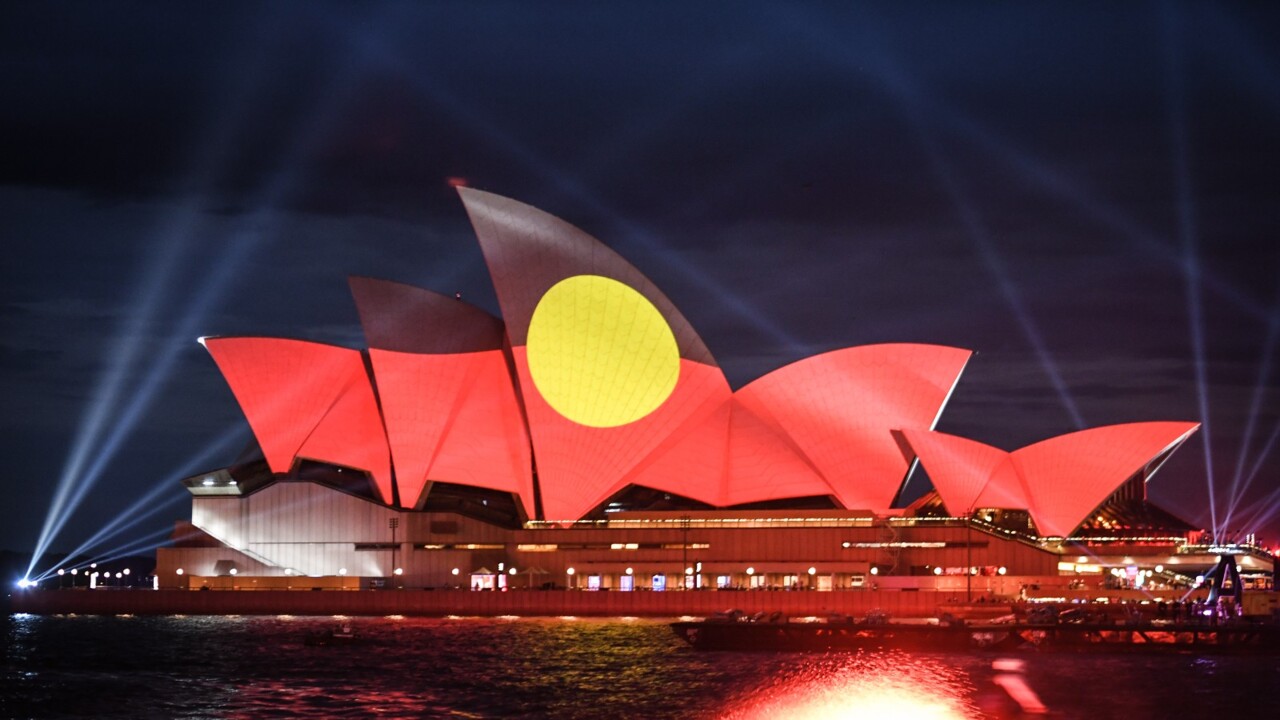
Albanese is convinced political campaigns are simply not the same as they were in 1977 when the last successful constitutional change was made and that political leaders are not listened to in the same way. Although he has spoken publicly about the long history of referendum failure without bipartisanship, he neither expects it nor deems bipartisanship necessary.
It is as if Albanese is prepared to take some hits during the legal, substantive phase of the whole argument before the public is fully engaged and legal and constitutional niceties are lost in the realms of the law and academe.
He certainly believes the warm support for the Yes campaign from sports stars, clubs and groups, the corporate world and all faith groups and churches will swamp elevated concerns about whether the voice will be able to appeal to the High Court and intervene in the daily working of government.
In the past week there has been ample evidence Albanese is prepared to take grand statements and weasel words to the point of misrepresentation, and contradict his ministers and the facts in the interest of killing off criticism.
On Sunday and Monday, Attorney-General Mark Dreyfus conceded the voice could appeal to the High Court if it felt there was insufficient consultation, that the governor-general was within the remit of the voice, and that defence and foreign policy were open to requests.
“What the voice is going to do is make representations to the parliament about the laws the parliament makes, and make representations to the executive about the decisions of the executive, which is decisions of ministers, decisions of senior public servants, and the policies that they develop,” Dreyfus said.
He could not help but confirm the potential for High Court challenges and the prospect of government-wide intervention from the voice. Even sympathetic constitutional lawyers have conceded these points this week.
But Albanese felt no compunction in ruling out the impact on foreign affairs and defence as well as climate change policies aimed at cutting carbon emissions and further claiming that parliamentary “primacy” would “essentially” be able to direct the voice where it could intervene.
These claims were all wrong and served to show that Indigenous leaders, who pushed back against Albanese’s propositions, would turn against the model for the voice if they felt that power would be restricted.

Indigenous leader Noel Pearson said the inclusion of the bureaucracy was essential to the power of the voice and that meant “day-to-day, week-to-week, month-to-month business”.
“If we remove it, we basically remove the guts of the whole proposal,” Pearson said.
The incentive to exclude the public service or limit the voice’s power of intervention into the public service is to avoid a smothering of day-to-day business, to protect public servants from High Court challenges and to avoid a New Zealand-style co-governance problem.
Despite the establishment of the parliamentary committee to consider the wording of the referendum and Albanese’s earlier promise to be “open to the form of the committee”, there seems to be an intractable difference over executive government and a political impossibility for Labor to accept change.
To exclude executive government or limit the impact on it, a basic essential for the Coalition, will split the Indigenous camp and threaten a republican referendum-like loss because some of the Yes supporters would not vote for the voice because they considered it “gutless”.
Indigenous Australians Minister Linda Burney held out the prospect of the government being “very open” and wanting public input, but given the committee must report by May 15 the time is limited.
Also, “all-in” Albanese said last week that of course there could be change but then said “those with the numbers” could change the wording. Of course, the government has the numbers in the House of Representatives. In the Senate, where the Greens and teals hold the balance of power, the numbers would suggest only a more radical voice than the one proposed.
The prospect of compromise or change through the parliamentary committee looks slim indeed.



